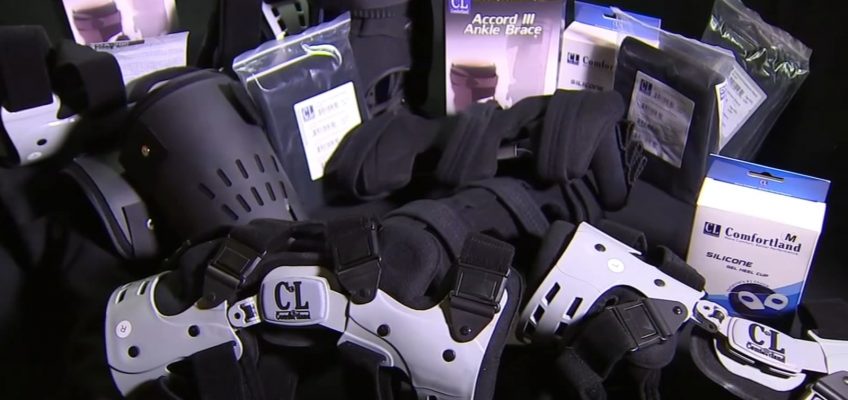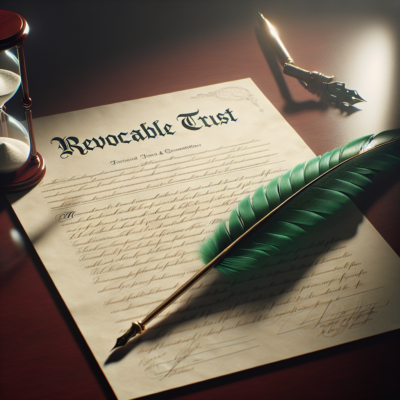On televisions across America, nightly ads run offering free medical items: braces for the neck, knee, back, wrist, and more. Viewers are asked to call – or are called by – a 1-800 Number to qualify for these “free” items.[1] This is just one of the marketing efforts underpinning a $40 billion a year durable medical equipment industry. Others efforts include direct mailers, internet advertising, and cold calling for every medical product from diabetic strips to catheters. DMEPOS companies located across the country use these methods to obtain clients, yet for those that are called by these toll free numbers, they may unknowingly be entering a lucrative game played with eleven numbers.
While I don’t mind a good sales call every once in a while, unwitting Medicare beneficiaries soon realize that “free” simply means their Medicare number is required. After answering a series of medical questions, being shuttled between phone calls, and telephonic doctors’ appointments, this number has become marketable. OIG Advisvory Opinion 09-19.[2]
The buying and selling of marketable leads is highly scrutinized under the Federal Anti-Kickback Statute when a government funded health program is a payor, and under Florida’s Patient Brokering Act, which extends these legal requirements to private healthcare payors.[3] Still, some DMEs errantly entrust their marketing efforts to offshore marketing companies and call centers.
These offshore marketing companies and call centers may believe themselves to be beyond the long arm of the law, yet this is not the case for the DME supplier, which can be left to suffer the consequences of improperly acquired leads. In addition to violating federal and state anti-kickback laws, some of these actions also implicate the False Claims Act as the government will attempt to demonstrate that DME owners knowingly induced or pressured these patients into receiving durable medical equipment at no cost or a reduced cost. United States ex rel. Phalp v. Lincare Holdings, Inc., 116 F. Supp. 3d 1326, 1331 (S.D. Fla. 2015)
As a result, it is important that DME owners remain increasingly vigilant regarding the marketing companies with which they align themselves. Random quality control checks, recording calls (with caller permission), and being involved in the training of these offshore employees are quick and easy steps that can be taken to aid in compliance.
[1] For marketing companies it is required – per Supplier Standard #11 – that a Medicare beneficiary give permission to be called by a DME supplier, though many marketing companies disregard this requirement. Permission to Call. See 42 C.F.R. § 424.57(c)(11) and 42 U.S.C.S. § 1395m(a)(17).
[2] The OIG has not opined on lead sales in the DME space but OIG Advisory Opinion 08-19 is often relied upon by DMEs and marketing companies for guidance regarding compliant lead generation.
[3] Unless the purchase and sale arrangement takes place within a Safe Harbor to the Federal Anti-Kickback Statute or falls within other recognized exceptions, the OIG and State of Florida will look unfavorably upon the purchase and sale of DME leads. Lead Supplying.









